Qualcomm’s Snapdragon 810 announcement this week may seem like just another mondo-core SoC on a way-cool TSMC 20nm advanced process. Looking past the technology shows an understated genius in creating a roadmap – and why yours and most everyone else’s probably sucks.… Read More
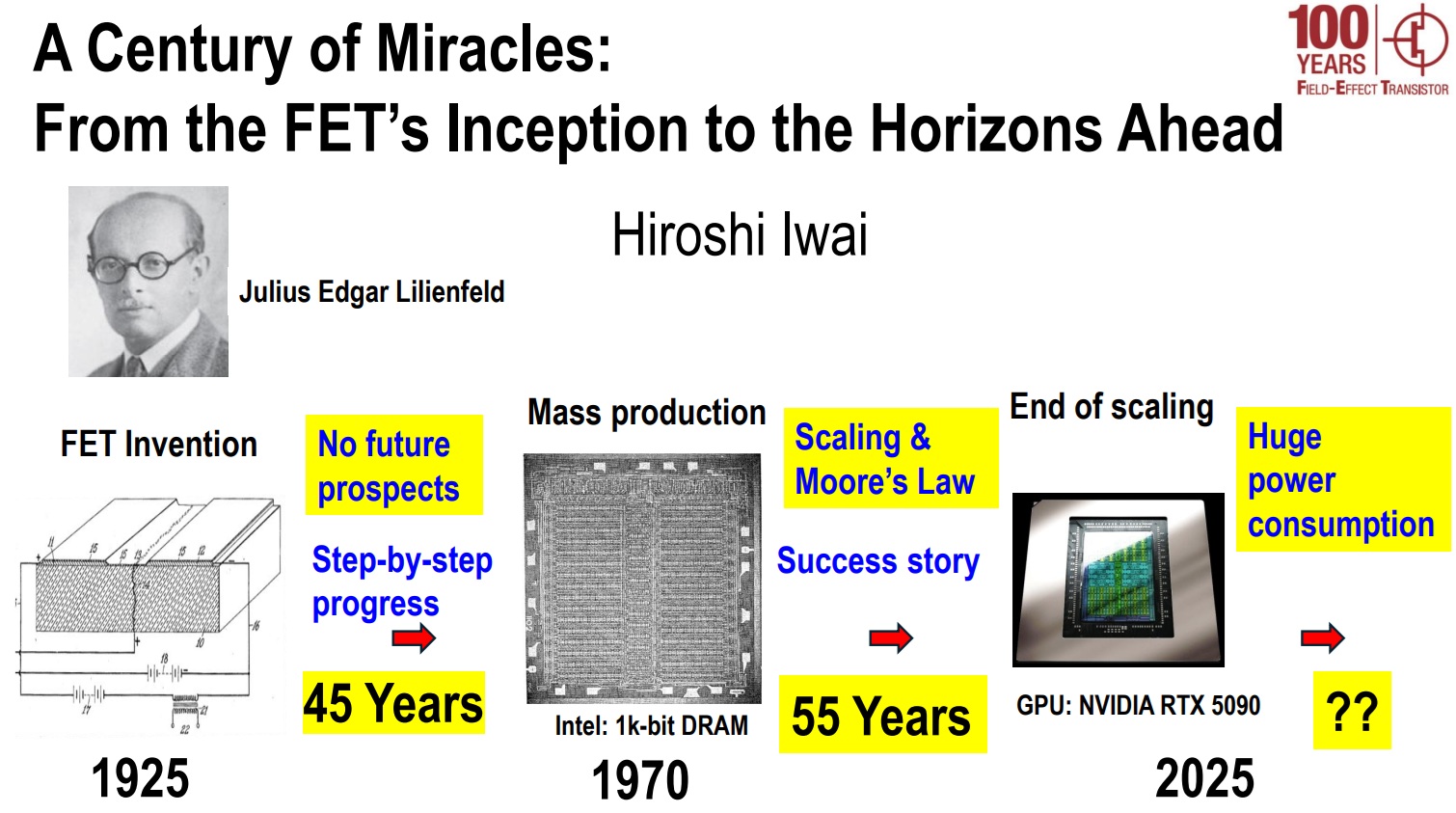 A Century of Miracles: From the FET's Inception to the Horizons AheadThe Field-Effect Transistor (FET), a cornerstone of modern…Read More
A Century of Miracles: From the FET's Inception to the Horizons AheadThe Field-Effect Transistor (FET), a cornerstone of modern…Read More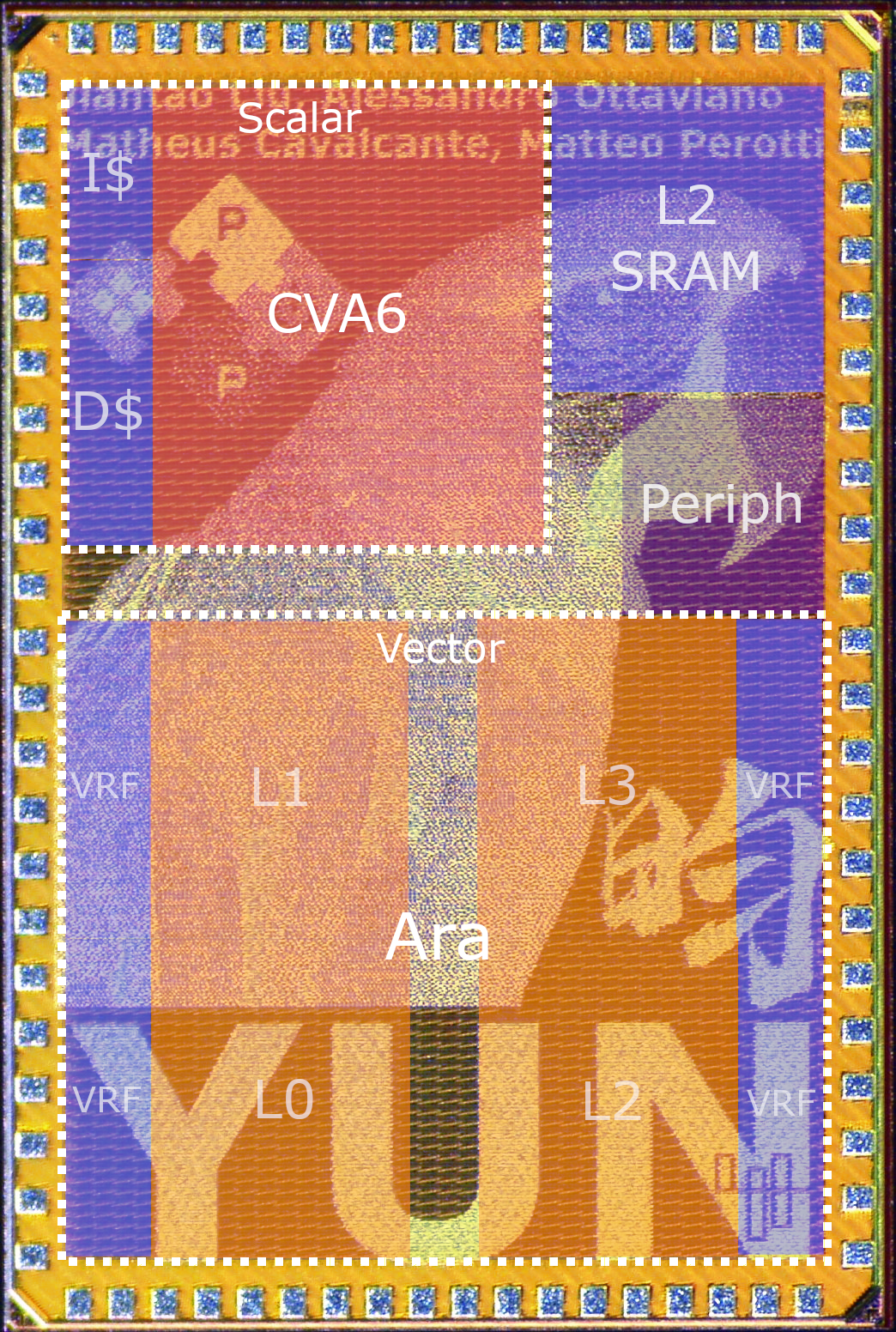 Two Open RISC-V Projects Chart Divergent Paths to High PerformanceUp to now the RISC-V community has been…Read More
Two Open RISC-V Projects Chart Divergent Paths to High PerformanceUp to now the RISC-V community has been…Read More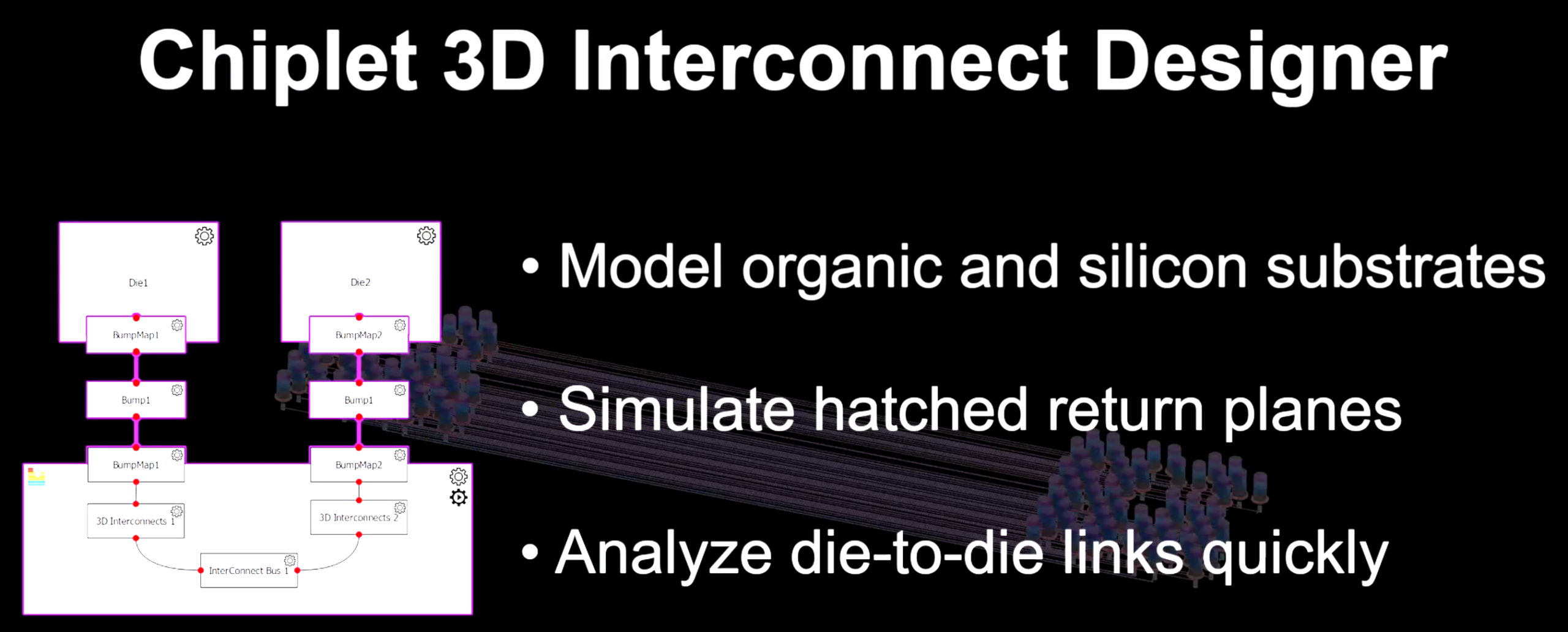 On the high-speed digital design frontier with Keysight’s Hee-Soo LeeHigh-speed digital (HSD) design is one of the…Read More
On the high-speed digital design frontier with Keysight’s Hee-Soo LeeHigh-speed digital (HSD) design is one of the…Read More Samtec Ushers in a New Era of High-Speed Connectivity at DesignCon 2026As I’ve discussed before, Samtec has a way…Read More
Samtec Ushers in a New Era of High-Speed Connectivity at DesignCon 2026As I’ve discussed before, Samtec has a way…Read MoreIP Reuse and Management in Monterey!
One of the benefits of being part of SemiWiki is building relationships with a wide variety of companies covering every semiconductor design application imaginable. We are blessed, absolutely. Another benefit of being part of SemiWiki are the invitations to attend, participate, and even organize events such as EDPS. Last year… Read More
Who Wants to Live in Malta?
Who wants to live in Malta? A beautiful island in the eastern Mediterranean with wonderful food…wait, that’s the wrong Malta. I’m talking about the one in upstate New York where GlobalFoundries have their big fab 8 and also their technology development center (also known as fab 8.1).
So why would you want to … Read More
A New, Free, Web-Based EDA Toolset in the Cloud
In the 1990’s there was a push to build EDA frameworks, however they all failed because no user wanted to be locked into one EDA vendor tool flow. Fast forward to 2014 and there’s an emerging trend to use web-based EDA tools as a framework, instead of downloading and installing software to your desktop or device. I just… Read More
Sonics Performance Monitor and Hardware Trace
As SoCs have got more complex, and with a larger and larger software content, it is no longer good enough to just monitor how the design behaves using simulation and then completely forget about it once the design is complete. What is required is the capability to monitor the design in real time (in silicon or FPGA) to see how it is behaving.… Read More
A New Digital Place and Route System
IC place and route tools can be very high-priced EDA software to purchase or lease, so there’s some good news for AMS designers that need an affordable digital place and route tool for their mostly analog designs. Today the team at Tanner EDAannounced a totally new place and route system has been added to their Schematic Driven… Read More
SerDes: Four Wires Are Better Than Two
Kandou Bus SA has recently been proposing the technique ENRZ (Ensemble Non Return to Zero) for use as the next generation interconnect standard for the 56 Gb/s generation of interconnect interfaces at the OIF (Optical Interconnect Forum). ENRZ is technique where three bits are orthogonally modulated over four correlated wires.… Read More
Dinner with Dr. Walden C. Rhines!
You are cordially invited to have dinner with my favorite EDA CEO, Dr. Walden C. Rhines (the C stands for Clark by the way). Wally will be the dinner keynote speaker at the Electronic Design Process Symposium on April 17[SUP]th[/SUP] at the Yacht Club in Monterey. When registering use Promo Code: SemiWikiGofor $50 off. Such a deal!… Read More
SEMulator3D 2014 – New Enhancements for Virtual Fabrication in the 3D IC Era
A Virtual Platform for any kind of design or manufacturing in any discipline of science or engineering (electrical, mechanical, aeronautics etc.) must be able to provide an accurate representation of an actual design/product in a fraction of time and cost it takes to build working prototypes. In the case of semiconductors at … Read More
MIPI IP segment to reach $100M? Yes, …
… in 2019. At that time, the total Interface IP market is expected to weight between $900 million and $1 billion. If we want to understand this IP market segment dynamics, we have to look at protocol based products like USB (from USB 1.0 defined in 1996 at 12 Mbit/s to USB 3.1 supporting 10 Gbps data rate) or PCI Express (from PCIe gen-1… Read More



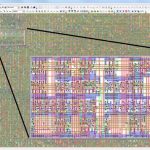

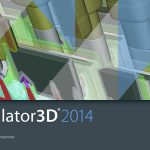
TSMC vs Intel Foundry vs Samsung Foundry 2026